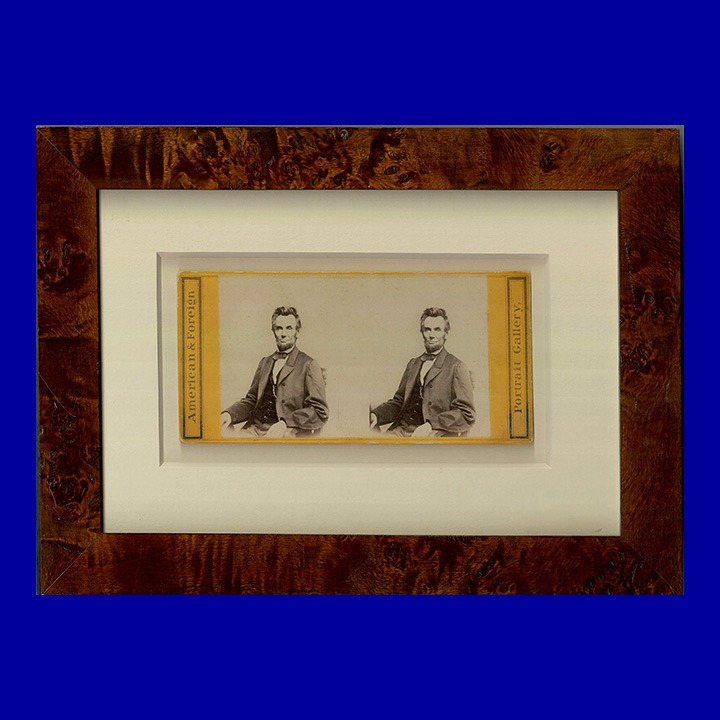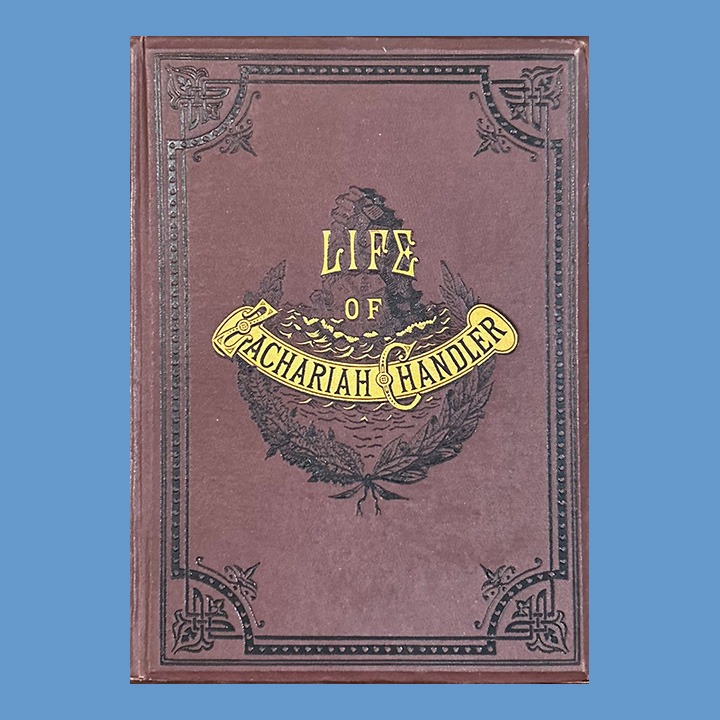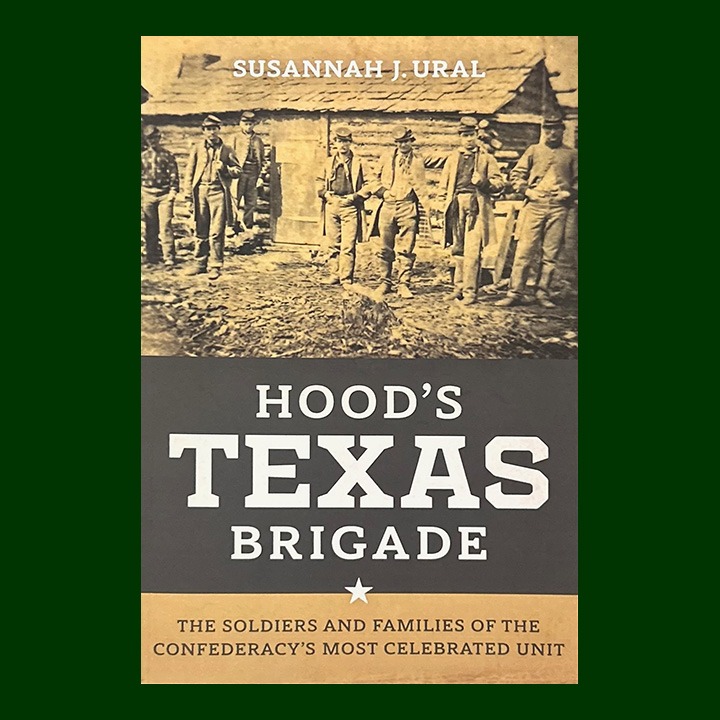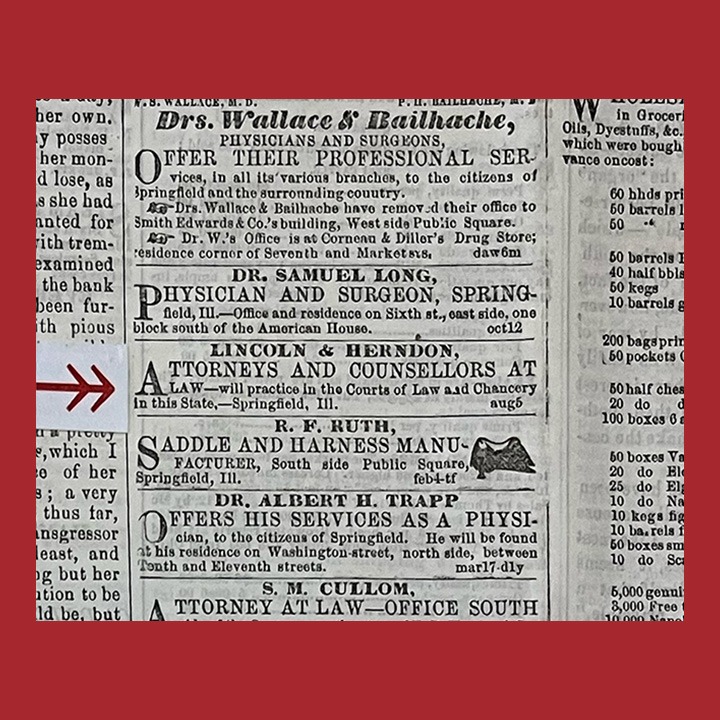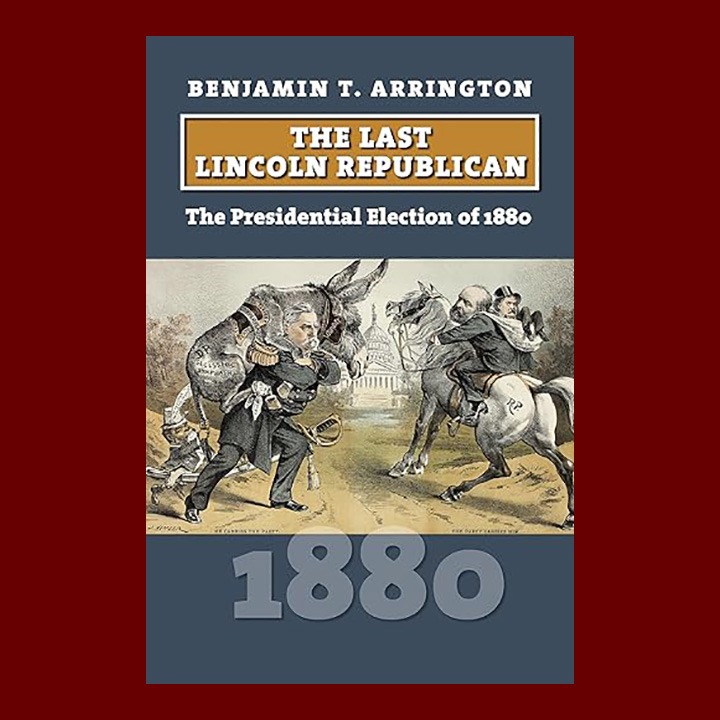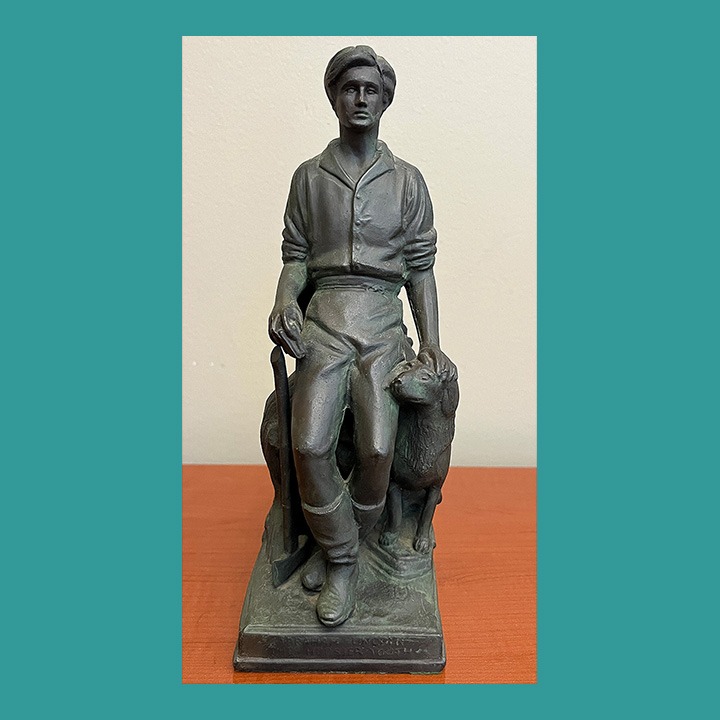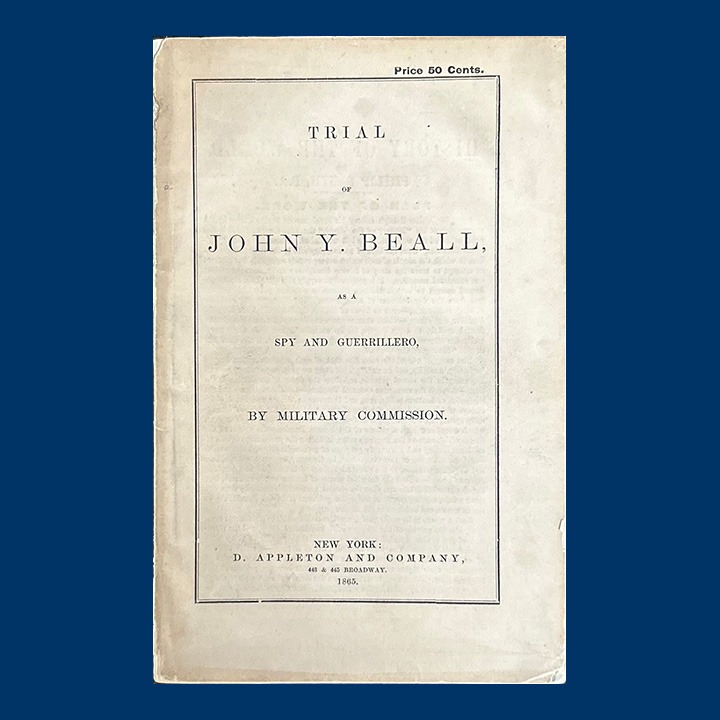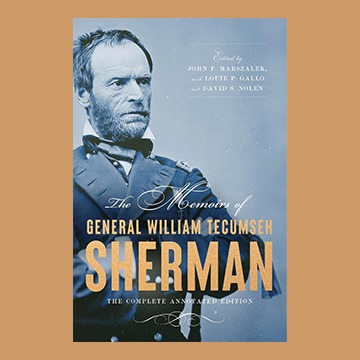March 18, 2015. A number of official organizations celebrate March as Women’s History Month. This month the Library of Congress, the National Archives, the National Park Service, and the Smithsonian (just to name a few national institutions) will be honoring women who have played important roles in the history of our nation.
We feature a number of items in our collection relating to the women who contributed so much to U. S. History. Among them are a very scarce publication by Confederate nurse Kate Cummings and an autograph letter, signed by Katherine Lee Bates, author of America the Beautiful.
Today we focus our attention on a brilliant woman who was a very effective lobbyist, and a powerful voice in Washington, D. C. and Maryland during the Civil War. Anna Ella Carroll (1815-1894) was trained from childhood by her politically powerful father to act as his aide and secretary. She developed a powerful and persuasive pen – and voice – that eventually helped her to gain as much political influence and access to power as any woman could attain in the Mid-Nineteenth Century. That Anna did not always direct her influence in ways that are positively acknowledged by history – she was, for example, a vitriolic proponent of the anti-Catholic Know Nothings during the 1850’s – is to us less important than the fact that she vigorously played what was then the men-only game of politics on the same terms as men.
During the Winter of 1861-1862, Carroll travelled to St. Louis to investigate the growing army and naval power of Union forces in the heretofore quiet western theater of operations. By making herself a gadfly to military leaders, and by carefully interviewing experienced rivermen, Anna determined that during the Winter and Spring of 1862, Union forces should direct their operations into the Tennessee and Cumberland river valleys, and not down the well-defended Mississippi. That a woman should publicly urge military strategy upon professional military men did not sit well with headquarters.
In the end, however, General U. S. Grant did direct his army-navy campaign up these secondary streams, and his armies won brilliant successes at Forts Henry and Donelson, and another grim and hard won victory at Shiloh. Anna always felt that she should have shared in the credit for planning these major military operations, and she spent years arguing in Washington that she should be compensated in some way for her foresight. It never seemed to occur to her that if she had a good idea for what General Grant should do, he might also have come up with the same idea on his own. He only had so many options, and, as Anna noticed, the Mississippi river wasn’t a good one.
Still, we feel that Anna Ella Carroll should be credited with some sound strategic thinking, and moreover, credited with refusing to quietly let the “boys club” of military men brush her aside when she had something worthwhile to say.
Here are a number of original printed pamphlets written by Anna Ella Carroll, including some of her “modest” public demands for a portion of the credit for the Union victories in Tennessee in early 1862.
